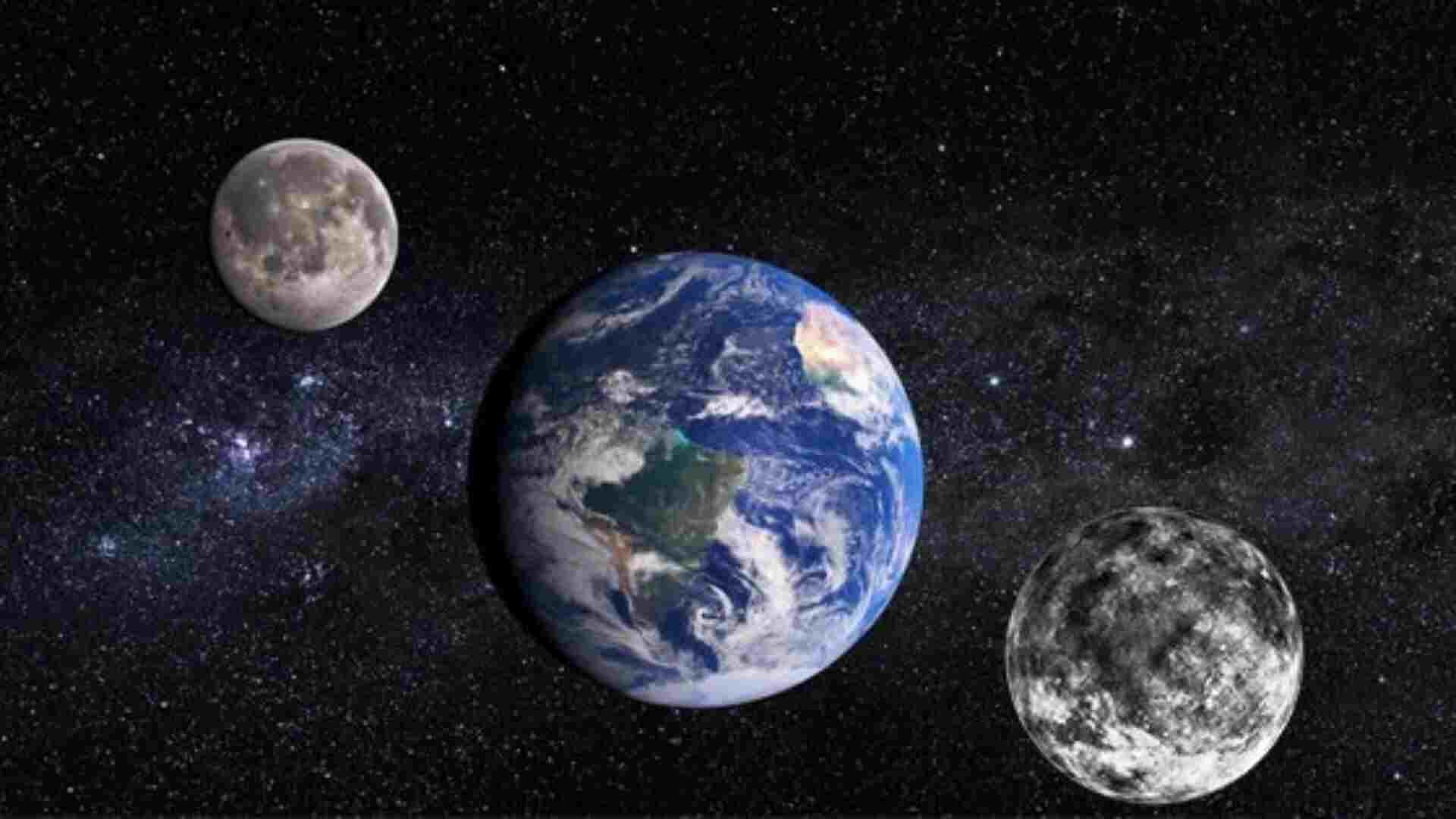The temporary mini-moon, officially designated 2024 PT5, will begin its orbit around Earth on September 29, 2024. Despite its intriguing nature, Dr. AK Anil Kumar, head of ISRO’s Network for Space Objects Tracking and Analysis (NETRA), has confirmed that this small asteroid, measuring just 10 meters in diameter, will not be visible to the naked eye. Compared to Earth’s moon, which has a diameter of 3,476 kilometers, 2024 PT5 is 350,000 times smaller and hence, too faint to be seen without telescopic aid.
Tracking and Safety
NETRA is closely monitoring 2024 PT5 to ensure it poses no threat to Earth. The asteroid is expected to orbit Earth for approximately two months before drifting away into the solar system on November 25, 2024. The close observation aims to ensure that the mini-moon’s trajectory will not result in any collision with our planet.
Historical and Mythological Connections
The asteroid, discovered on August 7, 2024, by the Asteroid Terrestrial-impact Last Alert System (ATLAS)—a NASA-funded automated system—has sparked interest beyond its scientific significance. Researchers have noted that 2024 PT5’s orbital properties bear resemblance to asteroids from the Arjuna asteroid belt, named after a character from the Hindu epic Mahabharata.
Dr. Anil Kumar and the research team have identified 2024 PT5 as part of the Arjuna Asteroid grouping, a reference to the mythological figure Arjuna known for his archery skills and bravery. The name reflects both the asteroid’s swift movement through the solar system and its unpredictable nature.
Asteroid History and Previous Mini-Moons
The phenomenon of mini-moons is not unprecedented. Similar temporary satellites have appeared around Earth in previous years, specifically in 1997, 2013, and 2018. The current event offers a chance for both scientific observation and reflection on the interplay between astronomy and cultural history.
Scientific and Cultural Insights
The Arjuna asteroid belt, named in honor of the Mahabharata hero, represents a unique aspect of how astronomical phenomena can intersect with cultural narratives. As researchers continue to study 2024 PT5, its brief presence as a mini-moon offers an intriguing glimpse into both our planet’s cosmic environment and the rich tapestry of human mythology.
For more details on the upcoming mini-moon and its implications, stay tuned for further updates from space research agencies and astronomical experts.














